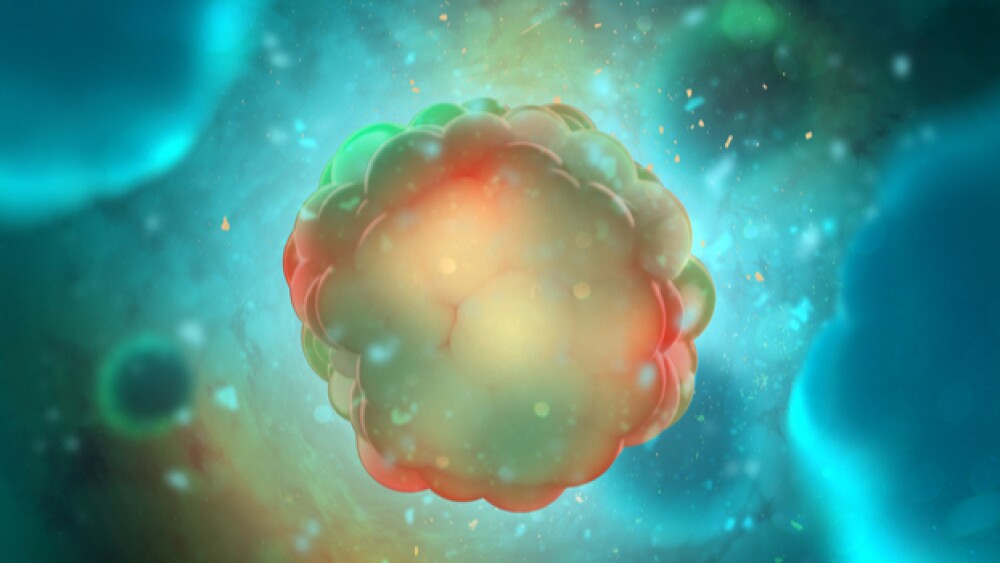Cancer Research UK, a cancer research and awareness charity in the United Kingdom and Isle of Man, recently announced its latest Grand Challenge winners. This cancer research grant awards a series of £20 million wards to international, multidisciplinary teams that focus on unique and new approaches to cancer.
Cancer Research UK, a cancer research and awareness charity in the United Kingdom and the Isle of Man, recently announced its latest Grand Challenge winners. This cancer research grant awards a series of £20 million wards to international, multidisciplinary teams that focus on unique and new approaches to cancer. Here’s a look at this year’s winners.
Matthew Meyerson and Wendy Garret. Meyerson is with the Dana-Farber Cancer Institute and Harvard Medical School and Garrett is from the Harvard T. H. Chan School of Public Health. They are leading a team of researchers in the U.S., UK, Canada, the Netherlands and Spain, focusing on the microbiome and its role in cancer development. The research will focus specifically on bowel cancer.
The body is host to a broad range of microorganisms, which are increasingly found to play a role in our health, both positive and negative. Meyerson stated, “We’re starting with the question of bowel cancer risk. Do some bacteria found in the gut actually affect the risk of getting cancer? And if the answer is yes, then how?”
They will analyze microbiome samples from more than 17,500 patients, evaluating how different bacteria species affect tumors development and growth, as well as how various risk factors affect the microbiome. Another member of the team is Hans Clevers, with the Hubrecht Institute in the Netherlands, who pioneered techniques in creating organoids, small organs, that can be used as scientific models.
Stephen Elledge. Elledge is a professor from the Brigham and Women’s Hospital at Harvard Medical School. He will lead a group of researchers in the U.S., UK and the Netherlands to investigate why some mutated genes only cause cancer in certain parts of the body. “It’s always been a big puzzle in the scientific community as to why different cancers are using different genes,” Elledge stated. “Most people have tried to answer this question by looking at cancer cells. But they’ve got so many different changes to their DNA, it’s hard to figure out what’s doing what. If we take a normal cell with a pristine genome and turn a particular gene on or off and look what it does, we can start to see differences in how cells from different parts of the body behave.”
Elledge’s team will use healthy cells from eight different tissues, including bowel, lung, kidney and skin, and introduce mutations found in cancer cells. They will then evaluate how the different cells change, how the cell’s DNA is read and what proteins are generated. They will also use organoids and mouse models.
Thea Tisty. Tisty is a professor of Pathology and Director of the Center for Translational Research in the Molecular Genetics of Cancer at the University of California, San Francisco (UCSF). She will lead a team based in the U.S., UK, Canada and Israel, focusing on inflammation and cancer. “Around one in four cancers start with chronic inflammation,” Tisty stated. “These cancers tend to be the most aggressive—the ones that are most likely to spread and that don’t have effective therapies to treat them.”
Tisty believes these cancers may have a shared mechanism of development. To date they have found a group of cells called stromal cells that play a part, supporting and organizing tissues within the body. Tisty’s theory is that changes to stromal cells stimulate inflammation, which can lead to tumor growth.
The team will utilize imaging techniques to observe how stromal cells change in the esophagus, colon, stomach and lung, and analyze cell-to-cell communication at the molecular level.
Margaret Grayson, part of the patient panel that evaluated the applications, and chair of the Northern Ireland Cancer Research Consumer Forum, stated, “I remember being in Edinburgh for the very first meeting. I was sitting around a table with oncologists, basic scientists, engineers and mathematicians—all experts in their field. And it dawned on me that this is what a Grand Challenge is, bringing people from around the world and from different disciplines together, some of whom might never have met if it weren’t for this award, to tackle some of the biggest questions in cancer research.”





